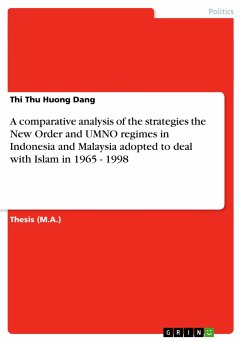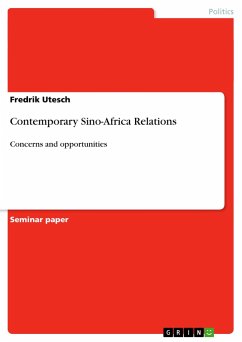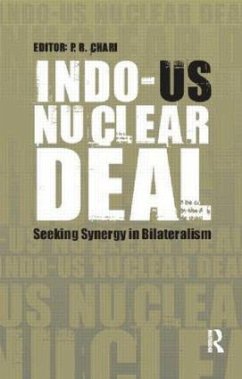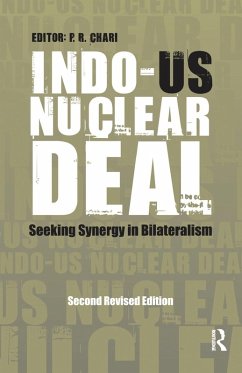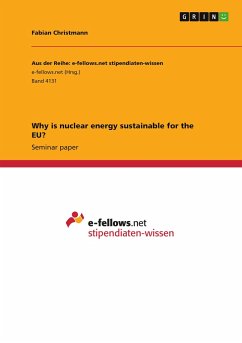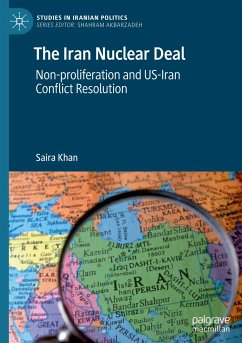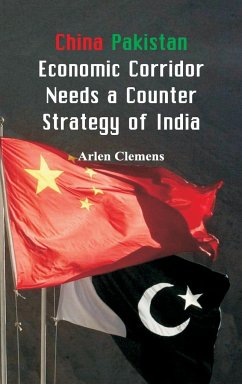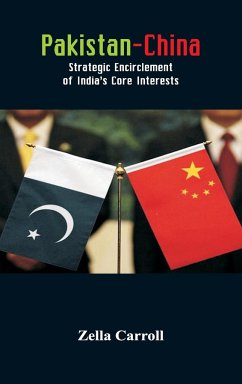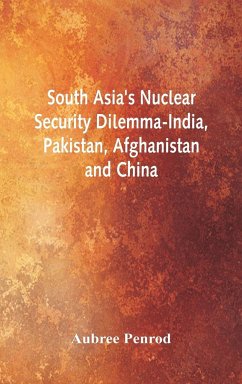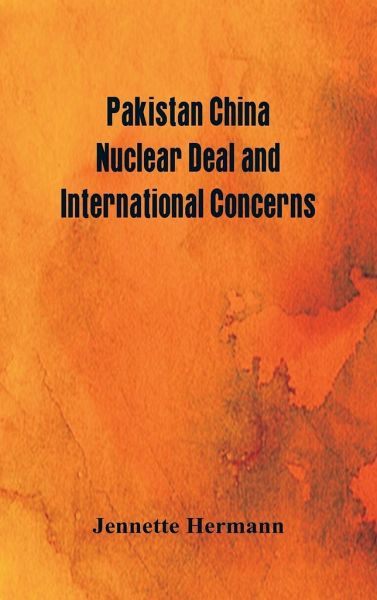
Pakistan China Nuclear Deal and International Concerns
Versandkostenfrei!
Versandfertig in 1-2 Wochen
39,99 €
inkl. MwSt.

PAYBACK Punkte
20 °P sammeln!
China has helped Pakistan build two nuclear reactors at the Chasma site in the Punjab Province and continues to support Pakistan’s nuclear program, although it has been sensitive to international condemnation of the A. Q. Khan affair and has calibrated its nuclear assistance to Pakistan accordingly. During Pakistani President Zardari’s visit to Beijing in mid-October 2008, Beijing pledged to help Pakistan construct two new nuclear power plants at Chasma, but did not propose or agree to a major China–Pakistan nuclear deal akin to the U.S.–India civil nuclear agreement. Major criticism o...
China has helped Pakistan build two nuclear reactors at the Chasma site in the Punjab Province and continues to support Pakistan’s nuclear program, although it has been sensitive to international condemnation of the A. Q. Khan affair and has calibrated its nuclear assistance to Pakistan accordingly. During Pakistani President Zardari’s visit to Beijing in mid-October 2008, Beijing pledged to help Pakistan construct two new nuclear power plants at Chasma, but did not propose or agree to a major China–Pakistan nuclear deal akin to the U.S.–India civil nuclear agreement. Major criticism on Pakistan-China nuclear deal is induced by Ashley Tellis (the founder of India-United States Deal) who has criticized Pakistan China nuclear deal on three grounds. First, the deal is secret and did not have public debate. Comparing the Pak-China nuclear Deal with Indo-US deal, Tellis argues that the later was publically debated while the earlier is a secret covenant. This argument can be confronted by the fact that Pakistan China nuclear cooperation is not a new one for international community, it dates back to 1980s. The non-proliferation concerns of international community on Pakistan-China nuclear deal can be mitigated through the credible domestic legislation in both countries. According to NTI website, Chinese nuclear exports are governed by some certain principles, i.e. "(1) acceptance of IAEA safeguards; (2) peaceful use only; and (3) no re-transfers to a third country without China’s prior consent. China has also promulgated domestic laws regulating nuclear and dual-use exports." As the book addresses this crucial issue quite deftly, it is hoped that it would prove to be a source of great information for the reader. It an essential reading for the students taking courses on this book.





